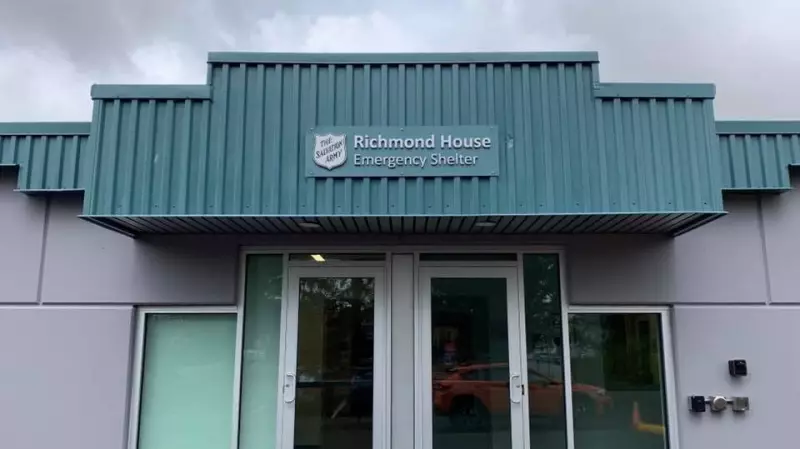
The City of Richmond is sounding the alarm as its homeless shelter system reaches breaking point, with a significant influx of refugees and asylum seekers creating unprecedented pressure on already strained resources.
Local officials have launched an urgent appeal to the federal government, seeking emergency funding and support to address what they describe as a growing humanitarian crisis within their community.
Shelter System at Capacity
Richmond's shelter facilities, designed to serve the local homeless population, are now operating beyond their intended capacity. The situation has become increasingly dire as more refugees and asylum seekers arrive in the Metro Vancouver area, many with nowhere else to turn.
"Our shelters were never designed to handle this volume of need," explained one city official, who noted that the current situation represents a fundamental shift in the demographic profile of shelter users.
Federal Intervention Required
City council has formally requested that Immigration, Refugees and Citizenship Canada (IRCC) step in with both financial assistance and logistical support. The appeal emphasizes that refugee settlement falls under federal jurisdiction, yet municipalities are bearing the immediate burden.
The requested funding would help:
- Expand temporary housing options
- Provide additional support services
- Create dedicated refugee reception capacity
- Prevent shelter overcrowding from affecting vulnerable local residents
Broader Regional Impact
Richmond isn't alone in facing these challenges. Other Metro Vancouver municipalities have reported similar pressures, suggesting a regional pattern that requires coordinated federal response.
The timing compounds existing issues, with colder weather increasing demand for shelter spaces while housing costs throughout the region remain at record highs, leaving few affordable alternatives for those in need.
Local service providers find themselves in an impossible position—trying to maintain services for long-term homeless residents while responding to the urgent needs of newly arrived refugees, all without adequate resources to do either effectively.





